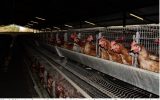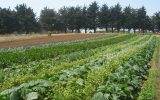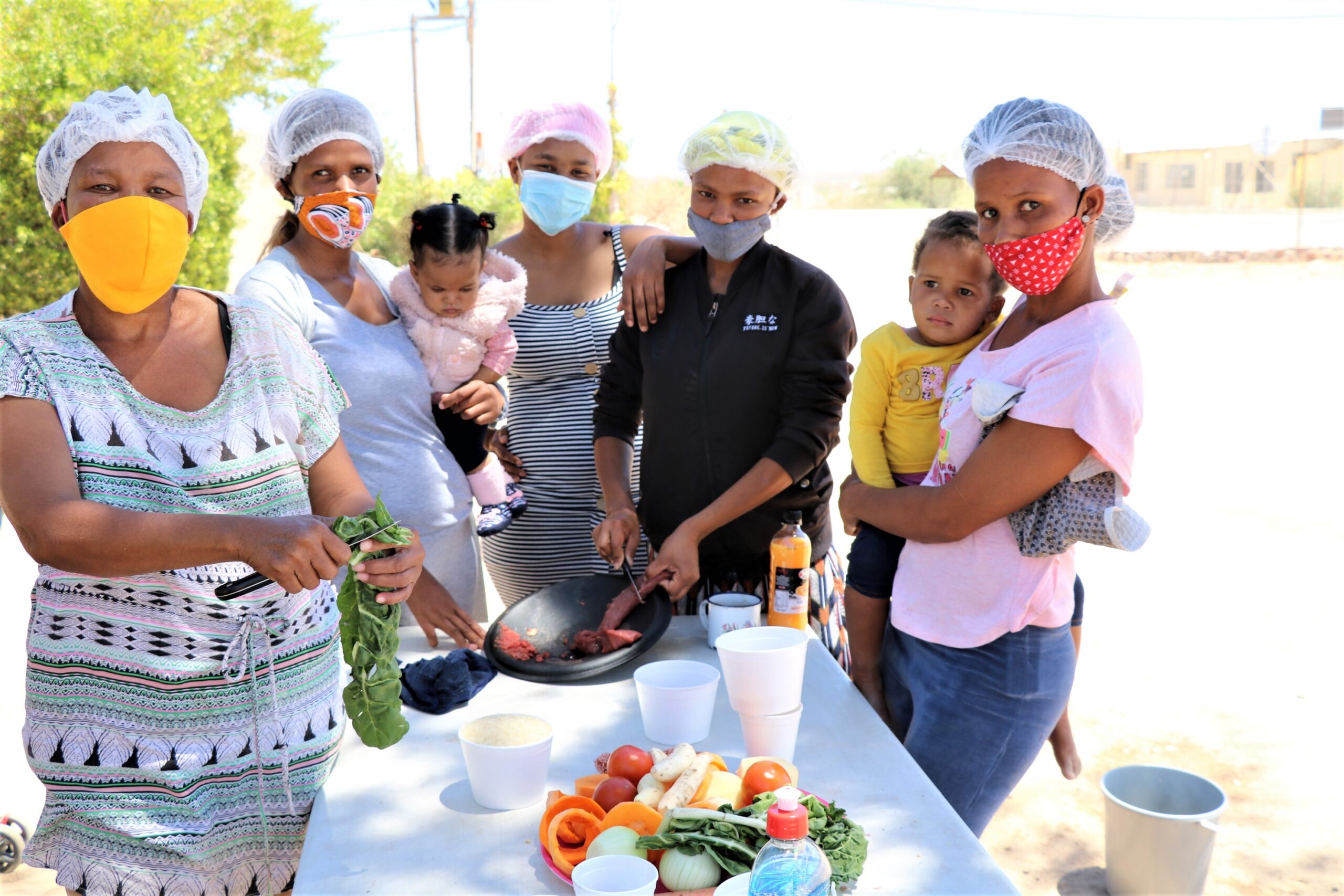by Beverly Handuukeme, GIZ-F4R Technical Advisor (Food and Nutrition Security).
Namibia has a worrisome stunting rate of 24% among children under five years with one of the contributing factors amongst others being the poor knowledge of mothers and caregivers on proper complementary feeding practices.
Complementary feeding is the process of introducing infants to solid food at the age of six months when breastmilk alone is not adequate to meet the nutritional requirements of the baby. Complementary foods need to be nutritionally adequate, hygienically prepared, physically safe (free from bacteria), timely and properly fed. There are various developmental and health risks that develop when a child is not well fed from conception up to the age of two years. Children become more susceptible to mental impairment and poor physical development making them vulnerable to chronic illness and poor performance later in life. Proper complementary feeding practices have been proven not only to benefit the immune system, but also to reduce undernutrition outcomes such as stunting, underweight, wasting and hidden hunger.
To address the prevalent issue of child malnutrition, the GIZ- Farming for Resilience (F4R) project developed a complementary feeding guide containing nutritious recipes. The guide aims to enrich the knowledge of mothers and caregivers with children aged between 6-24 months towards proper complementary feeding practices and access to diverse, safe and nutritious food. The ingredients used to formulate the recipes are made from locally available and indigenous nutrient dense foods. The combination of ingredients for each recipe is formulated to meet the energy and nutrient needs of a growing child. Hygiene and food handling is emphasized throughout the guide as it is the primary way of preventing foodborne diseases and diarrhea which can lead to malabsorption of nutrients and malnutrition in the long run.

Local home grown food used to cook complementary foods.
In the past year, the project held a 5-day pilot training in collaboration with the Ministry of Agriculture, Water and Land Reform (MAWLR) along with the Ministry of Health and Social Services (MoHSS) in the Hardap Region. The pilot training took place in Gibeon village, Kalkrand, Stampriet, Vaaldam and Kries with a total of 90 mothers and caregivers successfully trained.
The training used a participatory, hands-on approach in which the participants led the cooking demonstration with minimal supervision while preparing nutritious foods for their children. The feedback received from the trainings illustrated how essential it is to increase knowledge on complementary feeding with Magdalena Schroeder noting that “I am very thankful to GIZ-F4R for the useful training on complementary feeding in Vaaldam. I have learned how to preserve fresh produce to ensure availability and to make nutritious foods for my children”. These trainings are intended to be rolled out during the course of the year in all regions of the country.




















